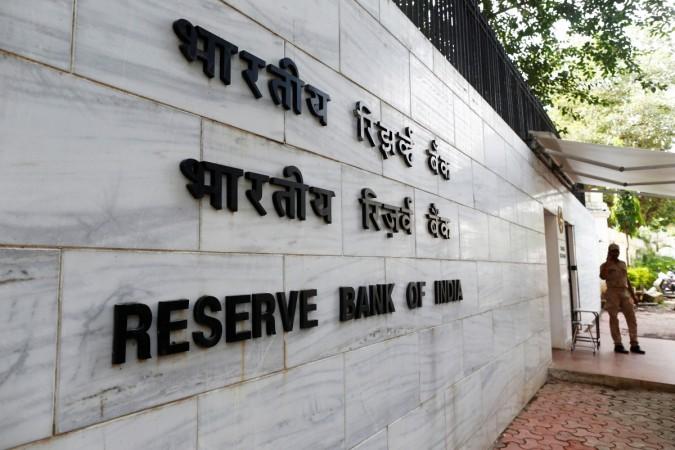
The Reserve Bank of India is likely to raise interest rates on Wednesday while retaining a neutral policy stance as it aims to strike a balance between rising inflationary pressures and still recovering growth.
Thirty-seven of 63 economists in a Reuters poll last week said the RBI will raise rates n Wednesday, while 22 said the next hike would come later this year, or early in 2019.
India's annual consumer inflation INCPIY=ECI hit 5 percent in June, the eighth straight month it topped the RBI's medium-term 4 percent target. Global crude oil prices have surged nearly 20 percent this year and crossed $80 a barrel in May, their highest since 2014. This has driven the prices of fuel - the biggest item on India's import bill - to record highs at a time the rupee is testing new life lows, raising the threat of imported inflation.
Moreover, the monsoons, one of the largest determinants of India's inflation path, have been erratic and patchy in several regions this year, muddying the outlook for winter-harvested crops and adding to inflationary pressures.
Still, sizable numbers of analysts and market participants believe the RBI could hold off and not hike interest rates, noting that the recovery is nascent and bank credit to corporates is not yet free-flowing.
"The monetary policy committee could afford to do a wait and watch at this juncture and consider more data points before a rate action," said Lakshmi Iyer, Kotak Mutual Fund's chief investment officer debt.
Traders said though the market was largely prepared for a rate hike on Wednesday, yields would still shoot up by 5-10 basis points after one, and the surge would be much more if the RBI also tightens its stance.
"Wednesday' s decision is likely to be a close call, with odds of a hike marginally higher than a pause," said DBS economist Radhika Rao. "While the tentative calm in the financial markets provides the RBI with the time and space to keep rates on hold, a pre-emptive move is preferable."
If the RBI increases the rates by 25 basis points, it would be the first time since October 2013 that the central bank has hiked borrowing costs at two consecutive policy meetings. In June, the repo rate INREPO=ECI, or the benchmark lending rate, was raised for the first time in over four years, by 25 basis points to 6.25 percent.
















